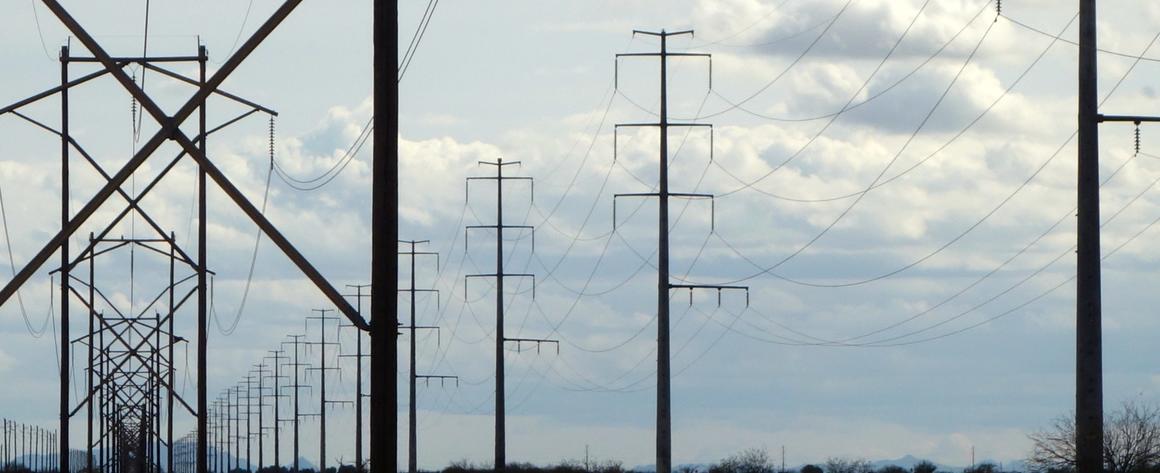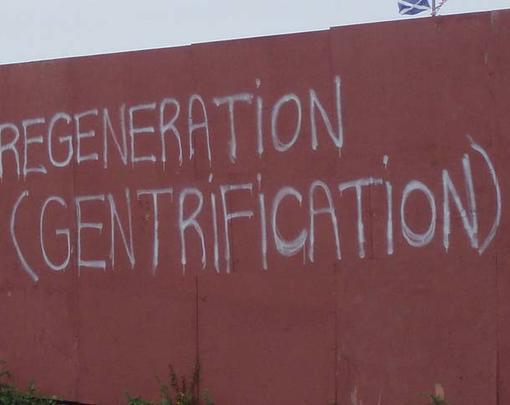One of the major punchlines during the Trump era in Washington, D.C. was the ever-occurring “infrastructure week”: that ill-fated time every year in which the White House was supposed to unveil a major infrastructure package, but which would then inevitably go off the rails, often due to the administration’s own incompetence. For instance, in 2017, Trump used the platform of infrastructure week not to push for investments in roads and bridges, but instead to rail against former FBI Director James Comey and the mayor of London, among others. Two years later, he spent infrastructure week attacking the Mueller investigation.
However, the decaying state of U.S. infrastructure is no laughing matter, and the Biden administration has brought a new level of seriousness to the topic, releasing an expansive $2 trillion plan at the end of March. In April, he followed that up with another nearly $2 trillion plan for “human infrastructure” such as paid family leave and child care. While much of the attention around these plans so far has focused on the question of what should be considered infrastructure, an equally important question is not yet being asked: Who should own and control our infrastructure?
Rather than privatizing new or existing infrastructure through exploitative so called “public-private partnership” deals, private operating contracts or outright asset sales, progressives in Congress and the Biden administration should instead ensure that any and all investments apply the principle of democratic public ownership.




